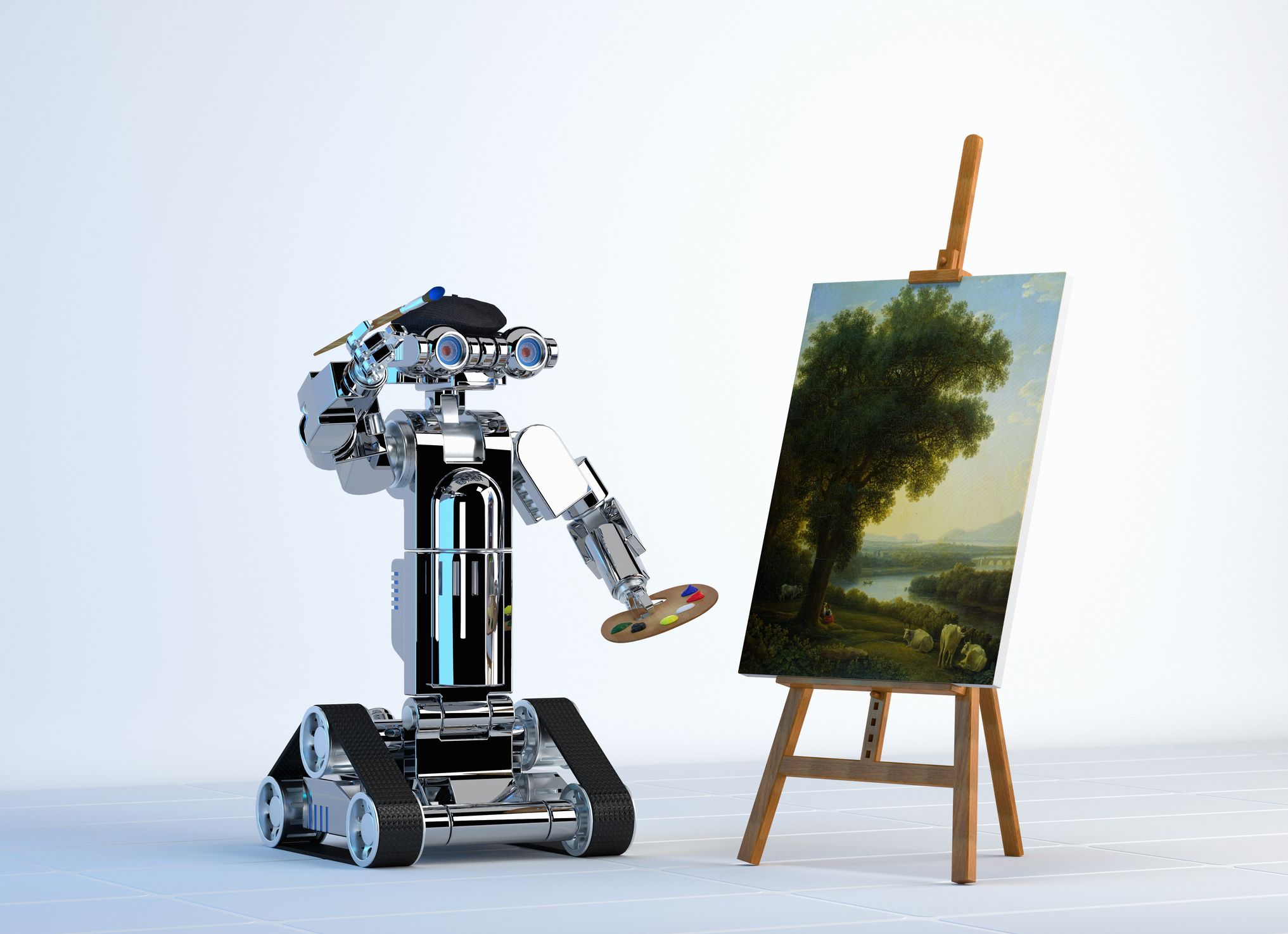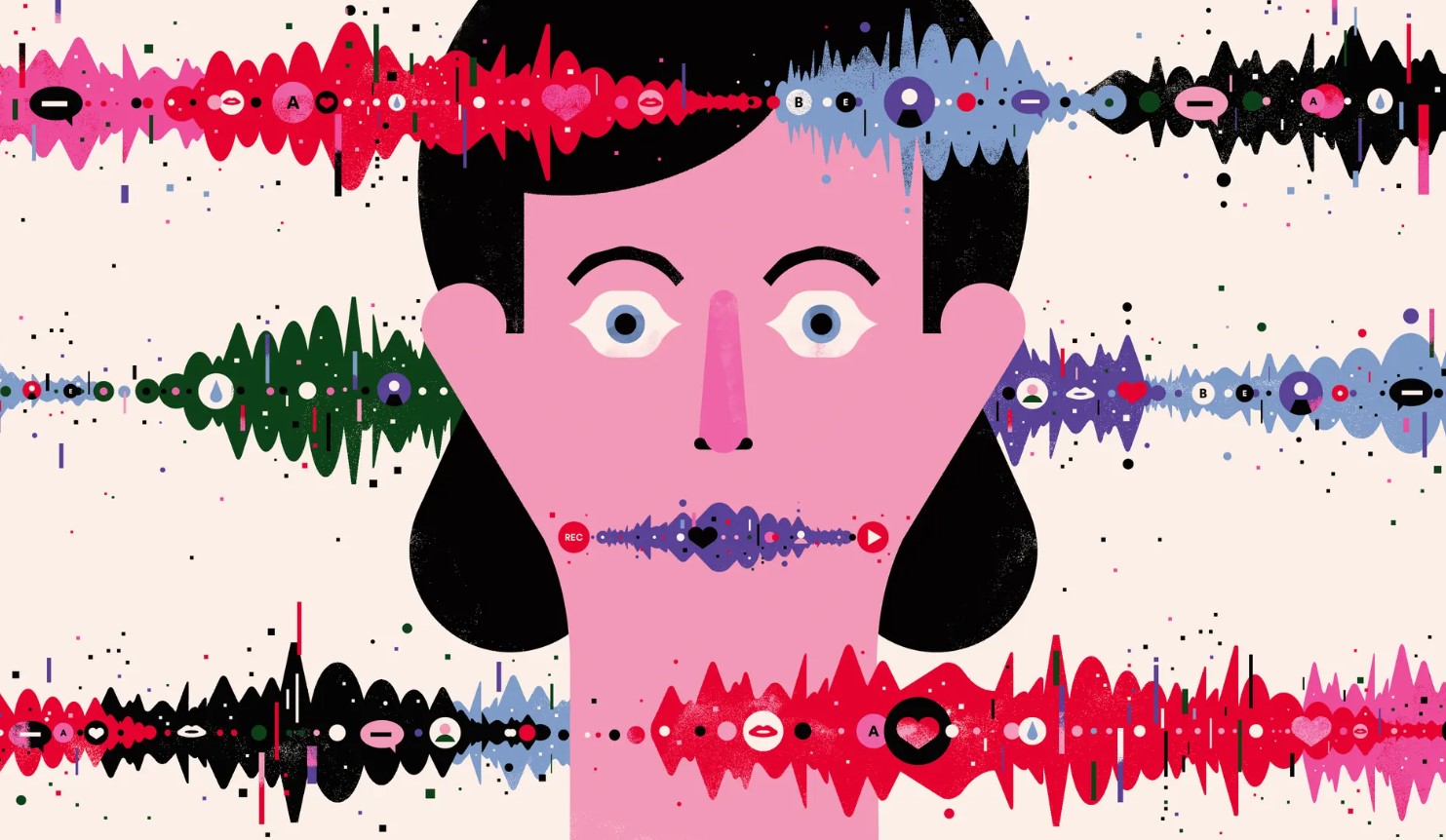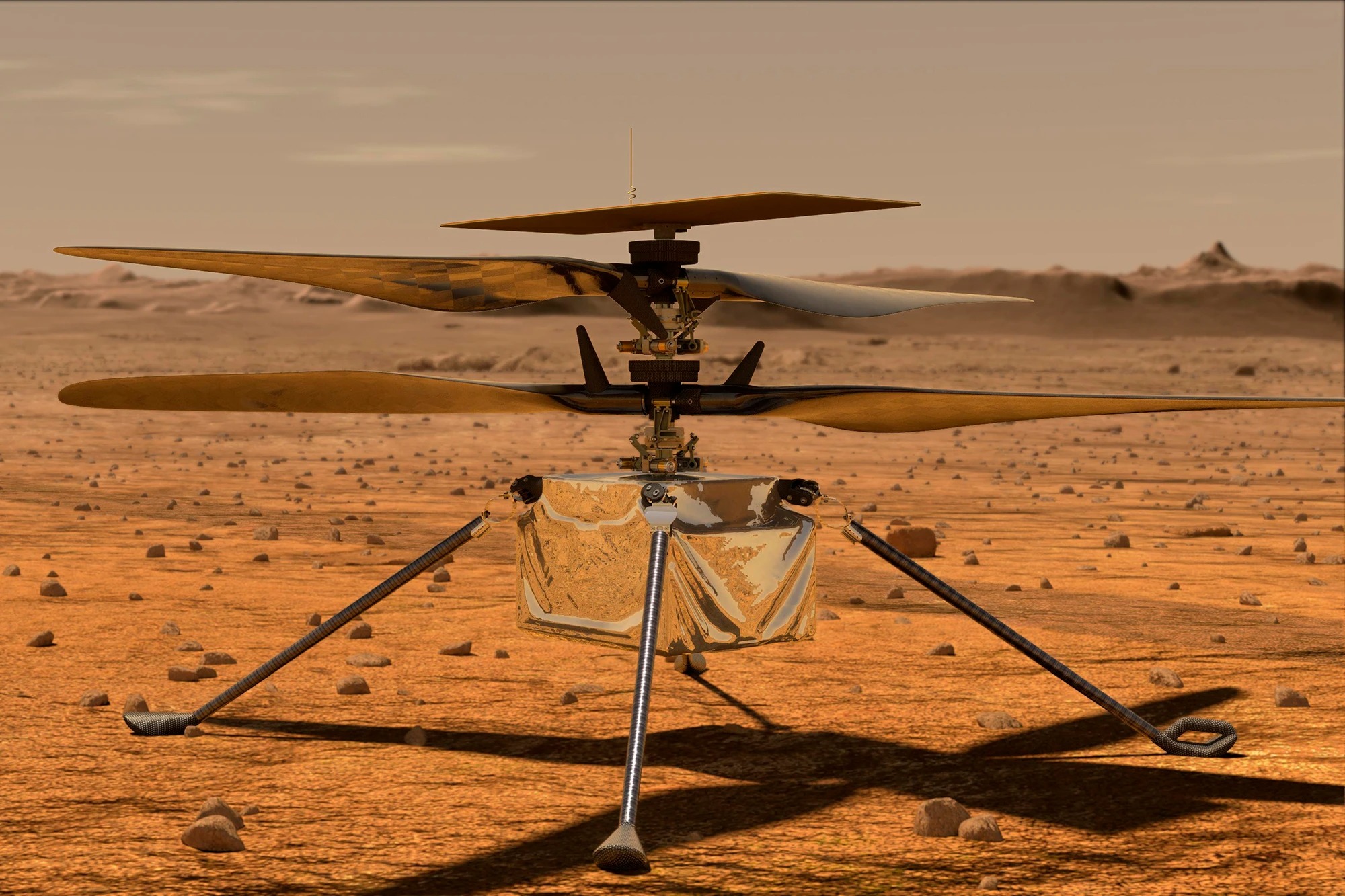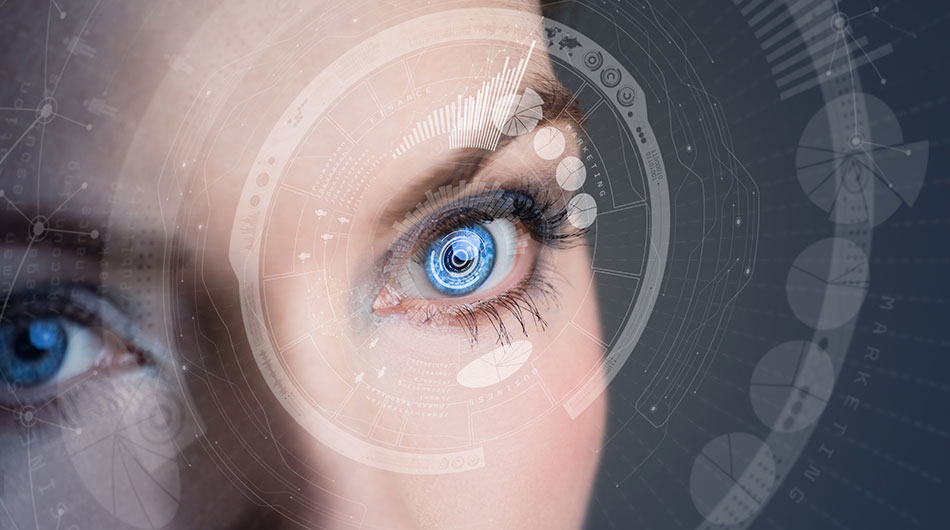13 Books that can Tell You Everything About Modern Technologies
Curious about future technologies? Then catch the top 13 books that will help you learn about new technologies and their impact on Earth’s and humanity’s future!
“The Seventh Sense: Power, Fortune, and Survival in the Age of Networks” by Joshua Cooper Ramo
Joshua Cooper Ramo is a writer and political scientist. “The Seventh Sense: Power, Fortune, and Survival in the Age of Networks” is his second bestseller covering society, politics, and security.
The author believes that the evolution of communication will cause a shift comparable to the Age of Enlightenment and the Industrial Revolution. Ramo tells us how to become a leader in a changing world, not a conqueror.
“Get Technology: Be in the know. Upgrade your future” by Gerald Lynch
Gerald Lynch is a science journalist at TechRadar.com, a geek, and a gamer. His book aims to introduce readers to 20 trends that will become crucial.
They are divided into five parts, among which are:
- technologies such as virtual reality, smart homes, and AI
- research on uncrewed vehicles, exoskeletons, space exploration, and Hyperloop
- nuclear survival technologies, asteroid defense, nanorobots, and biometrics
- information security and blockchain
- terraforming, quantum computing, transhumanism, and bionic implantation.
“The Inevitable: Understanding the 12 Technological Forces That Will Shape Our Future” by Kevin Kelly
Kevin Kelly is a leading contemporary thinker, futurologist, and founder of Wired magazine. On the pages of his book, he discusses trends that are changing the world: artificial intelligence, biotechnology, information management, and more. The book’s central message suggests that the benefits we will get from making things “smart” will have a hundred times greater impact on our lives than the transformations brought by the development of industrial production.
“Platform Revolution: How Networked Markets Are Transforming the Economy―and How to Make Them Work for You” by Geoffrey G. Parker, Marshall W. Van Alstyne, Sangeet Paul Choudary.
Experts and entrepreneurs talk about how to build a platform business and in the book “Platform Revolution: How Networked Markets Are Transforming the Economy and How to Make Them Work for You,” you’ll find a guide provided for every entrepreneur working in a two-sided marketplace: passengers and drivers, sellers and buyers, tourists and landlords. This book tells the story of how more and more businesses have shifted from a pipeline structure to a platform structure in recent years. As a result, simple line production is being transformed into complex relationships. Producers, consumers, and the platforms have dozens of two-sided relationships, and the authors of the book help understand these relationships.
“Becoming Steve Jobs” by Brent Schlender and Rick Tetzeli
Unlike the controversial but certainly worthy biography “Steve Jobs” by Walter Isaacson, which is targeted at a larger audience and slightly twists the facts, “Becoming Steve Jobs” by Brent Schlender and Rick Tetzeli is considered more truthful and better reveals the genius and misfortune of the former Apple CEO. This book is based on numerous interviews with one of the authors, who knew Jobs personally, as well as stories from his family members, colleagues, and other prominent people from the world of technology. For instance, Tim Cook talks frankly about his former boss.
“Transcend: 9 Steps to Living Well Forever” by Ray Kurzweil, Terry Grossman MD
A futurologist and an MD wrote this book. It tells the story of how technology helps us slow down aging and prolong life. It is not simple reasoning but a practical guide with nutrition, sports training, and biotechnology instructions. Our brain is like any physical muscle in the body, and you either use it or lose it.
“Digital Human: The Fourth Revolution of Humanity Includes Everyone” by Chris Skinner
Chris Skinner is the leader of the Financial Services Club, an independent financial analyst, and a regular guest on Bloomberg, Sky News, and BBC News. “Digital Human: The Fourth Revolution of Humanity Includes Everyone” is the tenth book in his career. It describes how advanced IT solutions will help humanity move into a new industrial age, changing commerce, consumption, and everyday and personal life.
“Machine, Platform, Crowd: Harnessing Our Digital Future Kindle Edition” by Andrew McAfee, Erik Brynjolfsson
Andrew McAfee and Erik Brynjolfsson are engineers in the Thinkers 50 teaching at MIT. Their book explains how technological trends will change the planet:
- Will we lose our jobs due to the machines’ evolution?
- How dependent will the economy become on big data platforms?
- Will we be limited in our work, communication, and choice of where to live?
- The book will tell you what we will do with technology and what technology will do with us.
“The Truth Machine: The Blockchain and the Future of Everything” by Paul Vigna and Michael J. Casey
This book is about blockchain and its impact on business, economy, government, and society, written by the authors of The Wall Street Journal. Technology has not revolutionized the world, but it has created the conditions for a transition to new principles of power. No one owns the information these days – only we, people, decide what to do with it. In today’s economy, the control of information is the control of the world, which is evident in the growing influence of the tech giants. For example, Facebook and Google control massive amounts of data about how we interact with each other. It is the economy of the twenty-first century: the one who collects, stores, and processes data own the power.
“Whiplash: How to Survive Our Faster Future” by Joi Ito and Jeff Howe
“Whiplash: How to Survive Our Faster Future” is a collection of stories about technologies that we no longer consider groundbreaking. The book tells us which technologies will face the same tragedy. The authors have also created a collection of tips on using technological evolution for personal development.
“The Future, Declassified: Megatrends That Will Undo the World Unless We Take Action” by Mathew Burrows
The author of this book, Mathew Burrows, has worked as a CIA analyst for almost 30 years. For the last few years, he has been making a detailed forecast of the Earth’s development until 2030 for the US government. According to Mathew Burrows, the world is expecting one of four scenarios. The good news is that they are not all unequivocally positive or negative. Still, the global trends that slip through each of the forecasts can already be noted: the maximum possible robotization and the rapid development of technology, more crowding in cities and the final death of the provinces, an aging population, and the growing influence of the East in the global economy and the digital revolution.
“The Master Algorithm: How the Quest for the Ultimate Learning Machine Will Remake Our World” by Pedro Domingos
Pedro Domingos is a practicing scientist who talks about artificial intelligence and machine learning. He looks at the 5 schools of machine learning and demonstrates the difference between them and how they improve the world. The author talks about how our beliefs based on experience show a very limited worldview, so we quickly draw false conclusions.
“Superintelligence: Paths, Dangers, Strategies” by Nick Bostrom
Oxford philosophy professor Nick Bostrom discusses the problems and threats of technological development. Bostrom does not ask whether machines can surpass us but goes further – he wonders what kind of relationship humans will have with them? Will we be exterminated, domesticated, or equal? Will our existence be as dependent on superintelligence as the gorillas’ existence is on humanity? Superintelligence is a challenge we are not ready for now and will not be ready for much longer.
For premium readers







